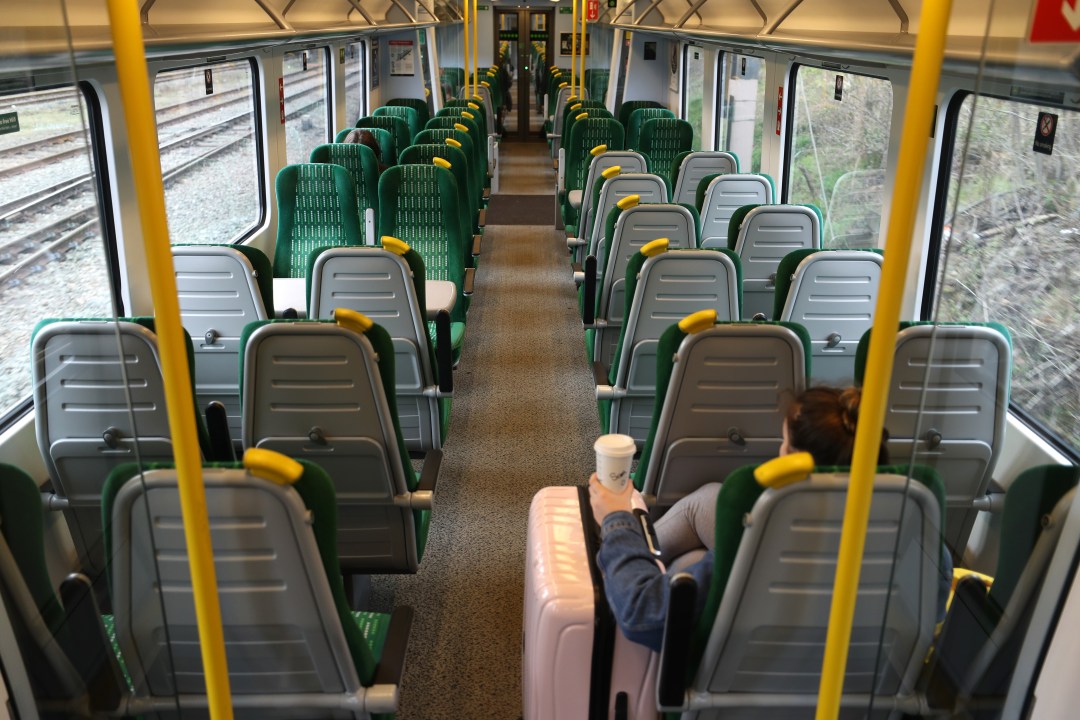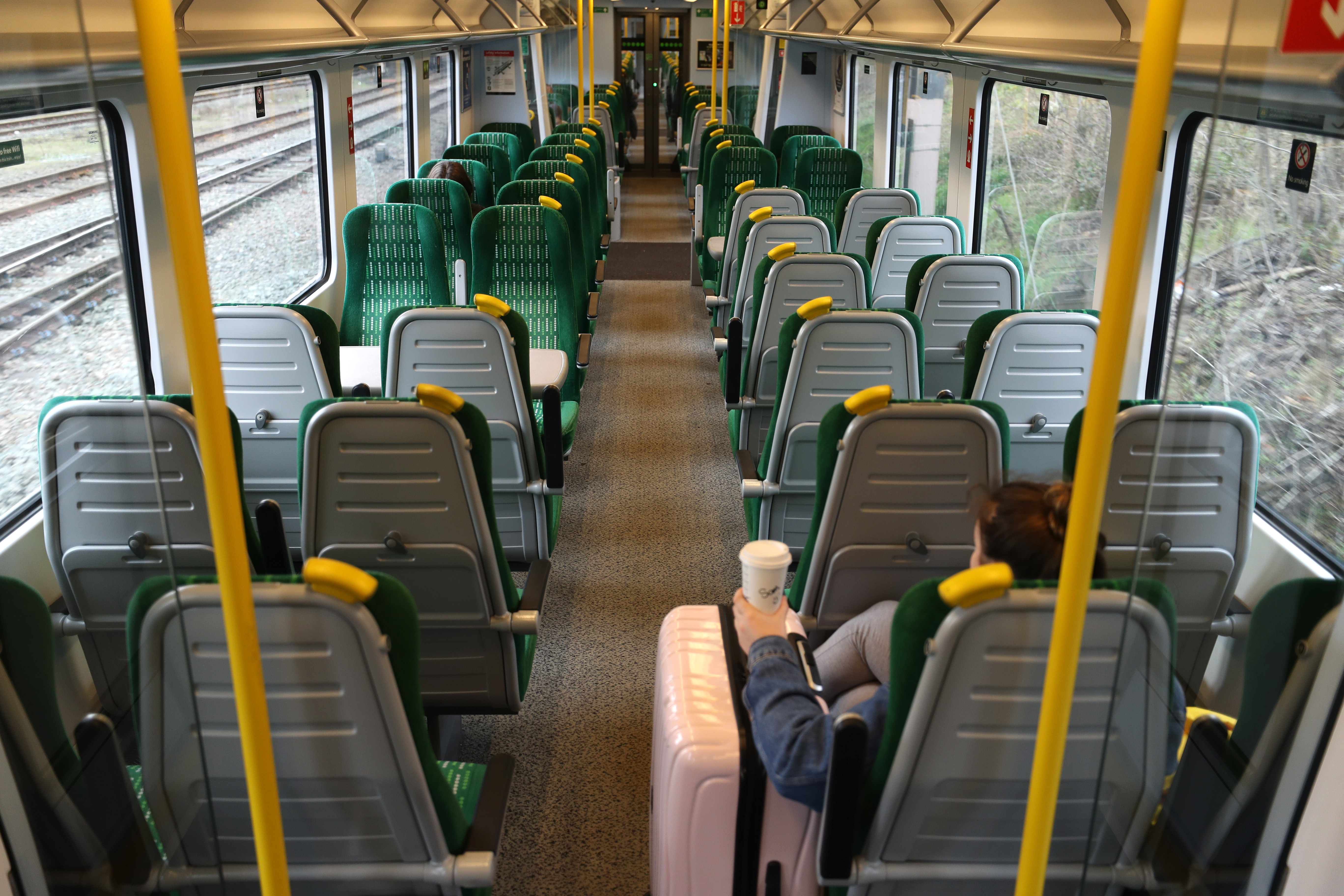We mustn’t abandon the railways to market forces, many on the left asserted when British Rail was broken up and privatised in the 1990s. They needn’t have worried. A quarter of a century on and we have yet to see a market force take to the tracks. Wasn’t the whole purpose of privatisation supposed to be to transfer financial risk from the taxpayer to private finance?
Instead, as soon as the Covid crisis struck, while other industries were offered loans, furlough payments and business rate relief but were otherwise left to fend for themselves, the rail industry was propped up as if nothing was wrong. The government simply suspended the franchise system and paid the industry directly to lug fresh air around the country. Rail companies have carried on making profits and paying fat salaries to executives and train drivers alike — even though passenger levels are at just 15 per cent of what they were this time last year. London mobility data tells a similar story.
If it had been privatised properly, the rail industry would now be slashing costs and offering special deals
There aren’t many market forces in play in today’s 2.6 per cent rise in rail fares, either. What other industry could get away with jacking up prices when consumer demand had slumped to one-sixth of its former level? Does anyone think that shops and restaurants are going to tempt us back inside their doors when they’re finally allowed to reopen by bunging up their prices? ‘Welcome back — it’s now one pudding for the price of two!’
If it had been privatised properly, the rail industry would now be slashing costs and offering special deals to get us travelling again. And they really would need to sell themselves, there being no guarantee that commuters will be going back to their offices in such numbers ever again. The days of train drivers on £70,000 a year would be well and truly over as their employers told them bluntly: accept cuts or we go out of business and you lose your job. The executives would be slashing their pay, too, and they’d be unlikely to see a bonus for years. Instead, rail operators just go blithely on, running an extremely expensive train set.
But the rail industry was never really privatised — only the losses were. Even before Covid, rail companies whose estimates of passenger journeys fell short were paid revenue support grants to prop them up. Public subsidies for the railways were already higher than they were under British Rail. Moreover, rail companies have been protected against competition by being awarded franchises that secure localised monopolies. So they can charge what they like, treat their passengers like cattle and no-one, save for a very few instances, can set up a rival service.
The TUC this morning called for the rail service to be renationalised. I’m inclined to believe, just for once, that the TUC might have a point. If we can’t have real market forces operating on the railways then they would be better in public ownership than in a system that cushions the profits of private operators and the taxpayer coughs up regardless.








Comments